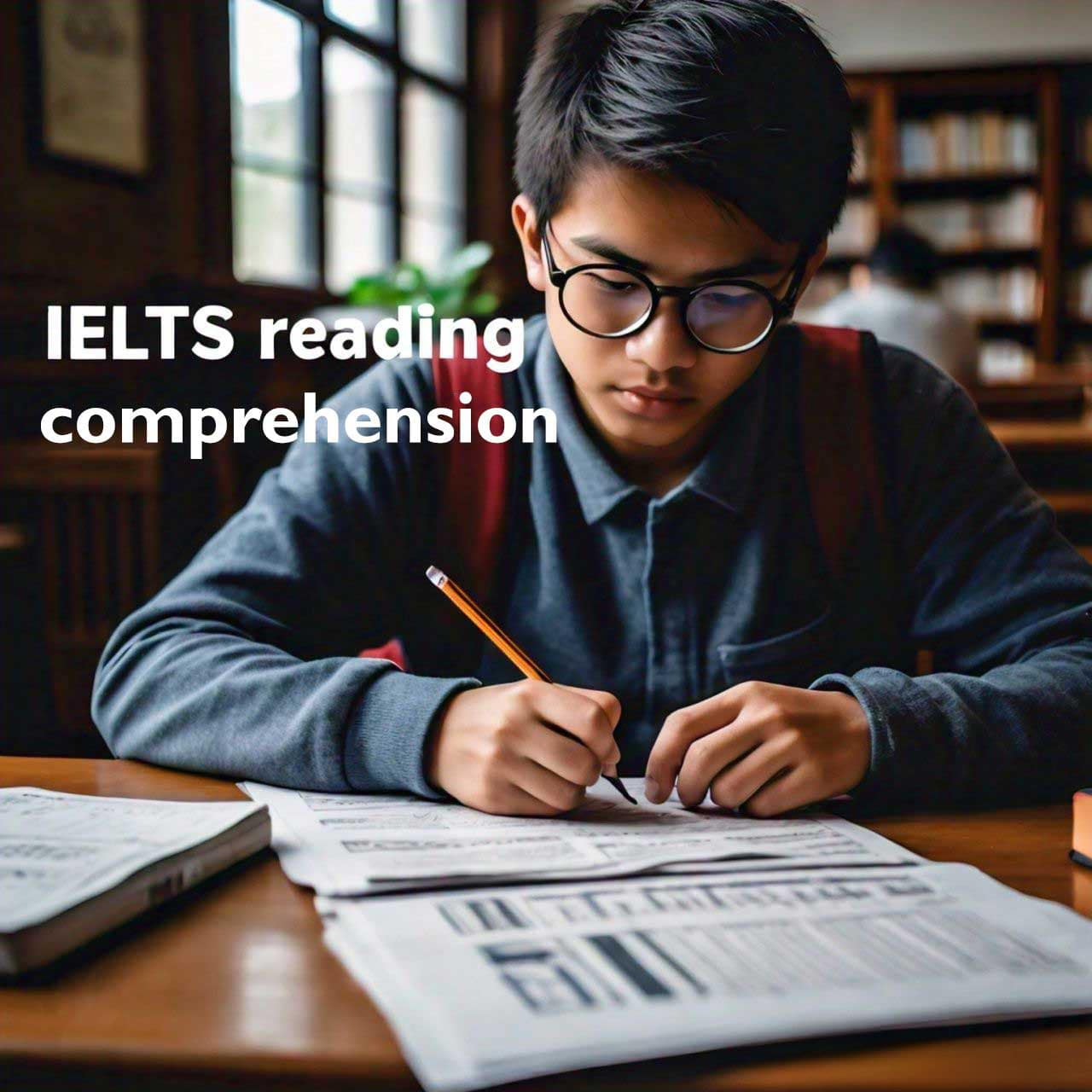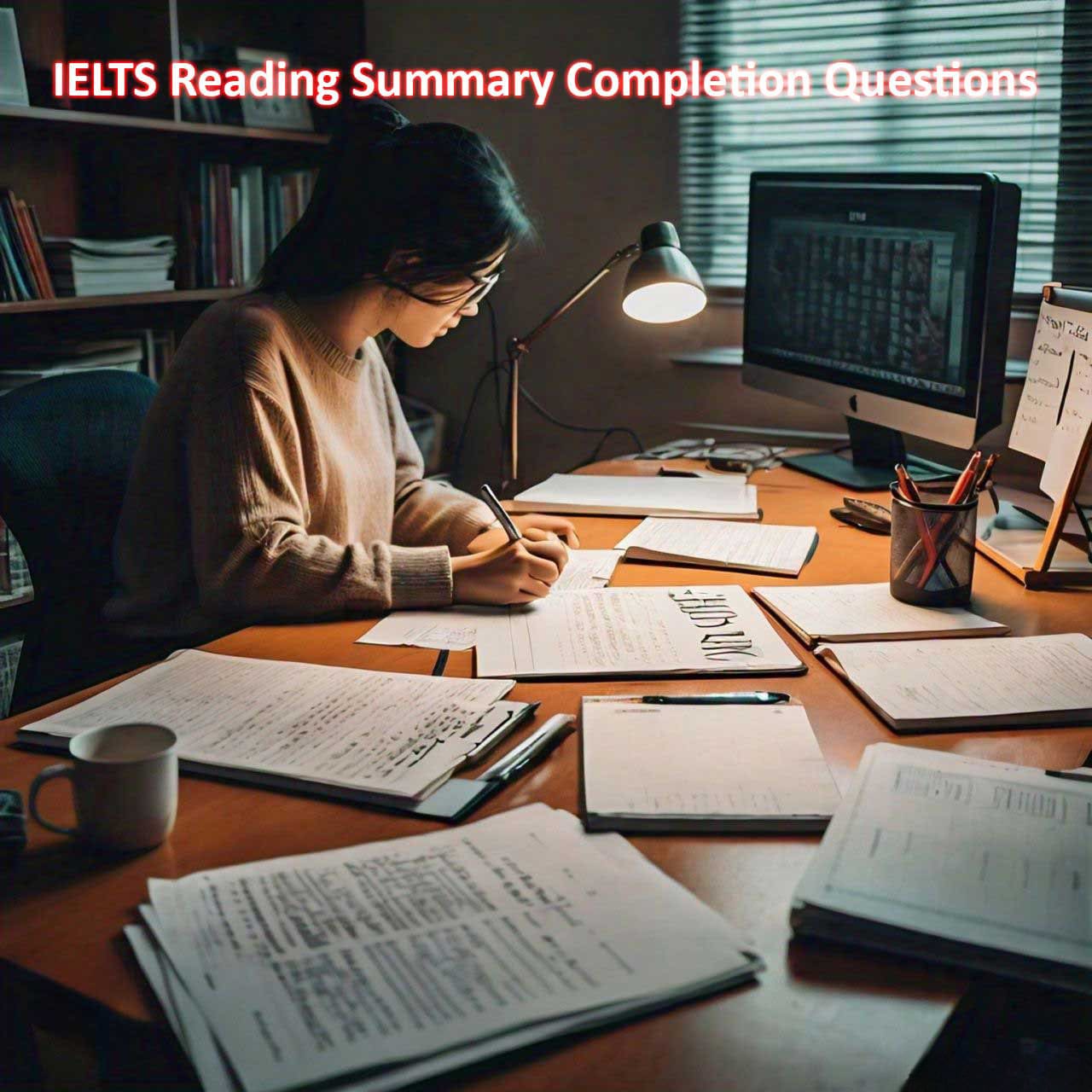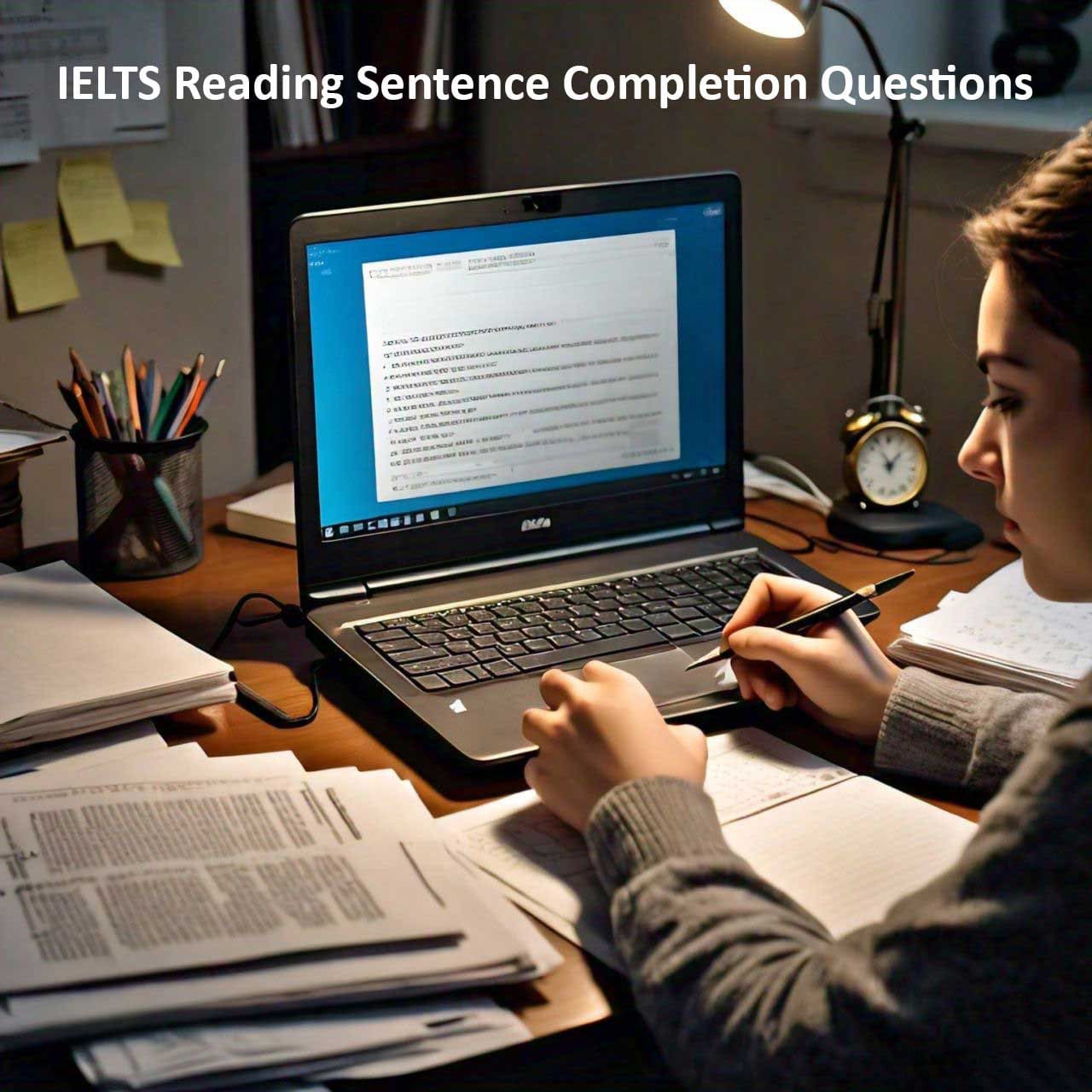The IELTS (International English Language Testing System) Reading section presents a unique set of challenges for test-takers, requiring not only proficient reading skills but also effective comprehension strategies. Whether you’re aiming for academic or general training, mastering reading comprehension is essential for achieving your desired score on the exam. In this blog post, we’ll explore the intricacies of IELTS reading comprehension and provide practical strategies to help you succeed.
Table of Contents
Understanding the IELTS Reading Section
The IELTS Reading section consists of three passages of increasing difficulty, each followed by a set of questions. The passages are drawn from a variety of sources, including newspapers, magazines, journals, and textbooks, reflecting both academic and general interest topics. Test-takers are required to read the passages carefully and answer a range of question types that assess their comprehension skills, such as multiple choice, true/false/not given, matching headings, and more.
Strategies for Success in IELTS Reading Comprehension
1. Skim and Scan:
– Before delving into the questions, take a few moments to skim the passage to get a sense of its overall structure, main ideas, and key points. Then, scan the passage for specific information related to the questions.
2. Read Carefully:
– Read each question and passage carefully, paying close attention to details, context, and nuance. Take your time to understand the meaning of each sentence and paragraph, and avoid rushing through the text.
3. Underline Keywords:
– Underline or highlight keywords and phrases in both the questions and the passage to help you identify relevant information more quickly. This can aid in locating answers and ensuring accuracy.
4. Predict Answers:
– Use contextual clues and your understanding of the passage to predict potential answers to the questions before reading the options. This can help you focus your attention and anticipate the type of information you need to find.
5. Manage Your Time Wisely:
– Allocate your time strategically across the passages and questions, aiming to complete each section within the allotted time. If you encounter a challenging question, don’t dwell on it for too long—move on and come back to it later if time allows.
6. Practice Regularly:
– Regular practice is key to improving your reading comprehension skills. Familiarize yourself with the different question types and practice answering them under timed conditions to simulate the exam environment.
7. Review and Reflect:
– After completing each practice session or mock test, take time to review your answers and reflect on your performance. Identify any areas of weakness or areas where you can improve and adjust your study plan accordingly.
Conclusion
Mastering reading comprehension is essential for success on the IELTS exam, regardless of whether you’re aiming for academic or general training. By adopting effective strategies such as skimming and scanning, reading carefully, underlining keywords, predicting answers, managing your time wisely, practicing regularly, and reviewing your performance, you can enhance your reading comprehension skills and approach the exam with confidence. Remember, preparation and practice are the keys to success—so start implementing these strategies into your study routine today, and watch as your IELTS reading comprehension skills soar.



